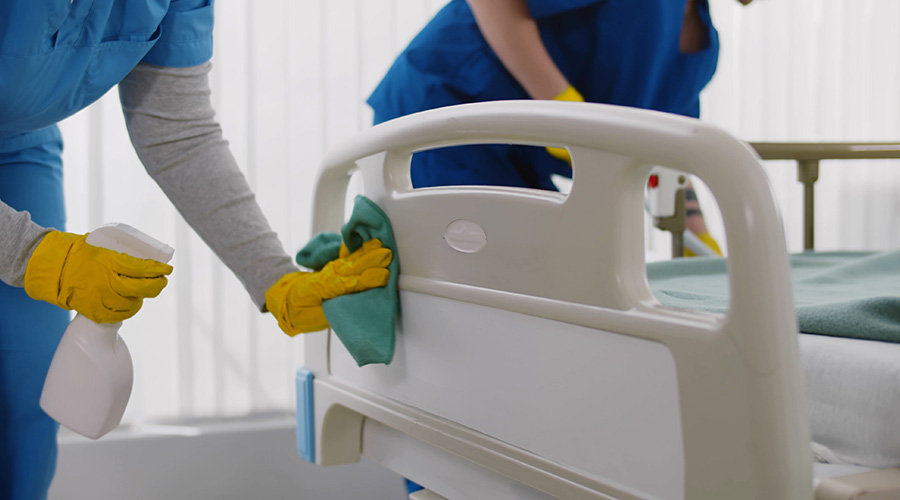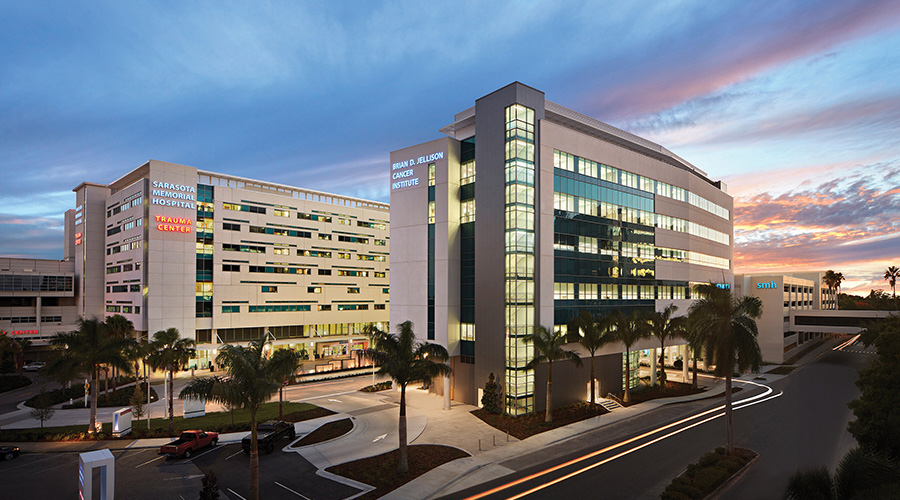It is generally understood that training is an essential part of an effective security program, but how much training is necessary? What if a security officer already has experience? The importance of relevant and ongoing training for security officers working in healthcare facilities cannot be overstated. It is critical to ensuring the safety and security of a hospital’s staff, patients and visitors.
Even if a security officer who is new to a facility has previous security experience, or perhaps worked in a similar field, such as law enforcement, training is still critical. Every healthcare facility is different and security officers must receive the appropriate training. There are three primary categories of training in healthcare security:
1) Basic security officer training – All security officers must have training in standard security procedures such as patrolling, report writing, and access control systems. Additionally, security officers must receive training appropriate to their type of duties. For example, a security officer who serves in an ambassador capacity should receive enhanced customer service training.
2) Industry-specific training – Security officers working in the healthcare industry must also be trained in state and federal regulations and standards, HIPAA, and infection control.
3) Hospital-specific training – Finally, even if security officers are up-to-date on the previous two categories, they must also be trained in procedures specific to their location. Here are some examples:
• One hospital’s codes and procedures related to a specific department, such as labor and delivery, might be vastly different from another hospital’s.
• Security officers working at a site with an emergency department must have EMTALA training.
• Access procedures vary by facility. Some hospitals have metal detectors that security officers must operate, while others do not.
With so many variations among healthcare facilities, it is easy to see why regular and ongoing training is so important, even when a security officer may have experience or prior training. A quality security officer services company tracks the training compliance of each and every security officer, supervisor and manager to ensure they are up-to-date on the trainings necessary to perform their duties effectively and contribute to a safe and efficient environment for the hospital’s staff, patients and visitors.
Bukowski is the vice president of healthcare, AlliedBarton Security Services

 The Difference Between Cleaning, Sanitizing and Disinfecting
The Difference Between Cleaning, Sanitizing and Disinfecting Jupiter Medical Center Falls Victim to Third-Party Data Breach
Jupiter Medical Center Falls Victim to Third-Party Data Breach Sarasota Memorial Health Care System Moves Forward on $1B in Capital Projects
Sarasota Memorial Health Care System Moves Forward on $1B in Capital Projects UCI Health Set to Open First All-Electric Hospital
UCI Health Set to Open First All-Electric Hospital Ground Broken on Baptist Health Sunrise Hospital
Ground Broken on Baptist Health Sunrise Hospital